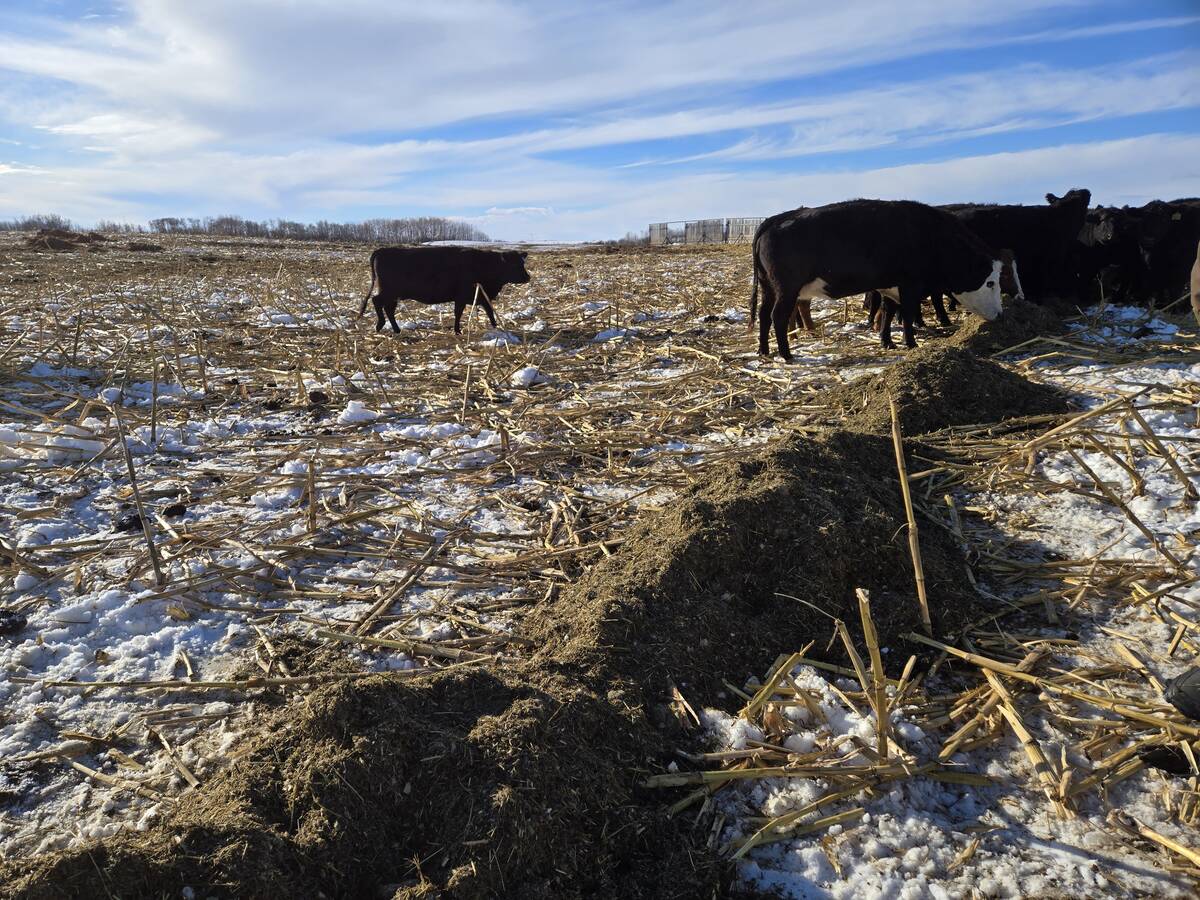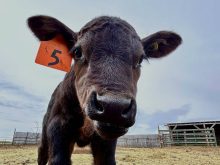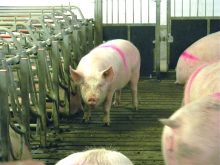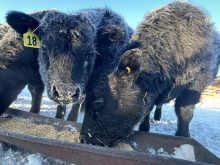The veterinary pharmaceutical industry has changed dramatically in the last 30 years. Like everything else in the world, pharmaceutical companies are getting bigger. Amalgamations, buyouts and takeovers have created a few very large companies, most with a vast array of products.
The pharmaceutical representatives now represent a wider product line and as a result usually have a much smaller area to cover. They often will specialize in large-or small-animal products, with some even specializing to equine, bovine or porcine products. This makes them more valuable, knowledgeable and visible to you the producer.
Read Also

Winter grazing tour highlights cost-saving mix of cover crops and silage
Discover one beef producer’s strategies to slash winter feed costs — and how to make sure it meets a cattle’s nutritional needs.
The pharmaceutical reps are well educated (usually with agriculture degrees; some even have master’s degrees) and in my eyes are the consummate salesmen. They provide information and advice in a professional manner. There is no vacuum cleaner or used car salesman approach here. They are in it for the long term and any product in the end must provide a benefit to you the producer. Otherwise they know veterinarians will not recommend them.
Service is the bottom-line with good salespeople. Whether it is speaking at a function, providing more technical support, dealing with a complaint or adverse drug reaction, they are constantly in communication with us. We will refer them directly to the producer in some cases where they should make a visit to provide the high level of technical support they carry. Research is becoming more and more expensive, which is why very large companies are necessary to have the capital to invest millions and to play the long waiting game (five to 10 years in Canada) to get products approved. Any change on labels – for instance, from intramuscular to subcutaneous or adding a new disease claim – must get reapproval and that all takes time and money. Representatives keep us posted on new developments affecting the cattle industry and where new products will fit in.
Your first exposure to representatives is probably at trade fairs, cattle shows, etc. They often sponsor different events at fairs or other agricultural field days, so this is another opportunity to get to know them. Because there are only a few pharmaceutical companies left standing and many reps stay with companies for their entire careers, you will start to see familiar faces. Many companies are now employing female representatives who have a softer sales approach and really strive to provide the service and technical backup you sometimes require. Most provide us, the veterinarians, with the information and then we decide how to fit this into our practice.
Comparing products
Many companies have similar high-quality products, especially when it comes to vaccine lines. When comparing apples to apples, it comes down often to softer features such as subcutaneous or intramuscular usage, syringability, volume of dose, storage requirements or the all-encompassing price!!
Most companies are veterinary exclusive, since they like the professional approach of veterinarians. Many products, especially the new ones, are prescription-only, so producers need a veterinary-patient relationship in order to purchase them. This ensures you have knowledge about the product and are using it in the right circumstances, adhering to beef-quality assurance rules and recognizing proper slaughter-and milk-withdrawal times.
If veterinarians need further information on a product or feel there need to be improvements such as quality control, labelling or even how well the rubber stopper in the top of the bottle seals, we immediately inform our pharmaceutical representative. They are an integral part of the animal health care team together with your veterinarian, nutritionist and agriculture specialist.
Many have had umpteen opportunities to speak, so are gifted, entertaining speakers, which keeps everyone informed. Sure, their underlying mandate is always more sales. But they know benefits must be shown and realized or products will not be adopted generally in the industry. Utilize them to your benefit, as they are there to help you create hopefully more profit in your farming operation.
RoyLewisisalargeanimalveterinarianpractisingattheWestlockVeterinaryCentre.Hismaininterestsarebovinereproductionandherdhealth.
———
Theyareinitforthelong termandanyproduct intheendmustprovide abenefittoyouthe producer.Otherwisethey knowveterinarianswill notrecommendthem.















